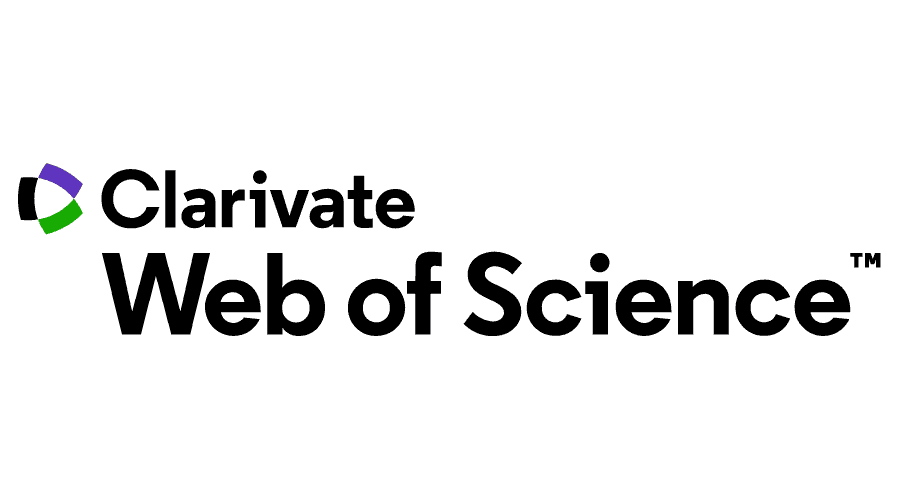Abstract
The shift from agricultural to industrial and from industrial to knowledge societies has affected the ways farmers run their small-scale field activitiesin Central Thailand. To remain competitive, rice farmers need to continuously incorporate innovations and upgrade their technologies to sustain operations. These innovations and technologies may be seen in practically all aspects of the rice production process – from seed selection to fertilization, from seed raising and growth to irrigation, from crop protection to harvesting, threshing and drying. The study basically aims to explore the plausibility of rice farming villages as “learning organizations” and within these villages, the viability of forming “communities of practice.” In so doing, it investigates how the rice farming village under study organizes, shares, moves and gains information on rice farming. The study was conducted in Baan Sap Som Boon, Nonglue Subdistrict, Muang District, Chainat Province. The study uses a qualitative, exploratory and descriptive design. It uses both primary and secondary data and an ethnographic study approach. Research method and techniques consist of review of materials, interview with key persons and farmers in the community, interview with government personnel and field observations. Data generation was conducted from October 2004 to July 2005 in Chainat Province, Thailand.
Recommended Citation
Genilo, Jude William R.
(2007)
"Knowledge Management at the Village Level: How Thai Rice Farmers Incorporate Technologies to Improve Production Systems,"
The South East Asian Journal of Management: Vol. 1:
No.
1, Article 2.
DOI: 10.21002/seam.v1i1.1780
Available at:
https://scholarhub.ui.ac.id/seam/vol1/iss1/2
Included in
Management Information Systems Commons, Management Sciences and Quantitative Methods Commons











